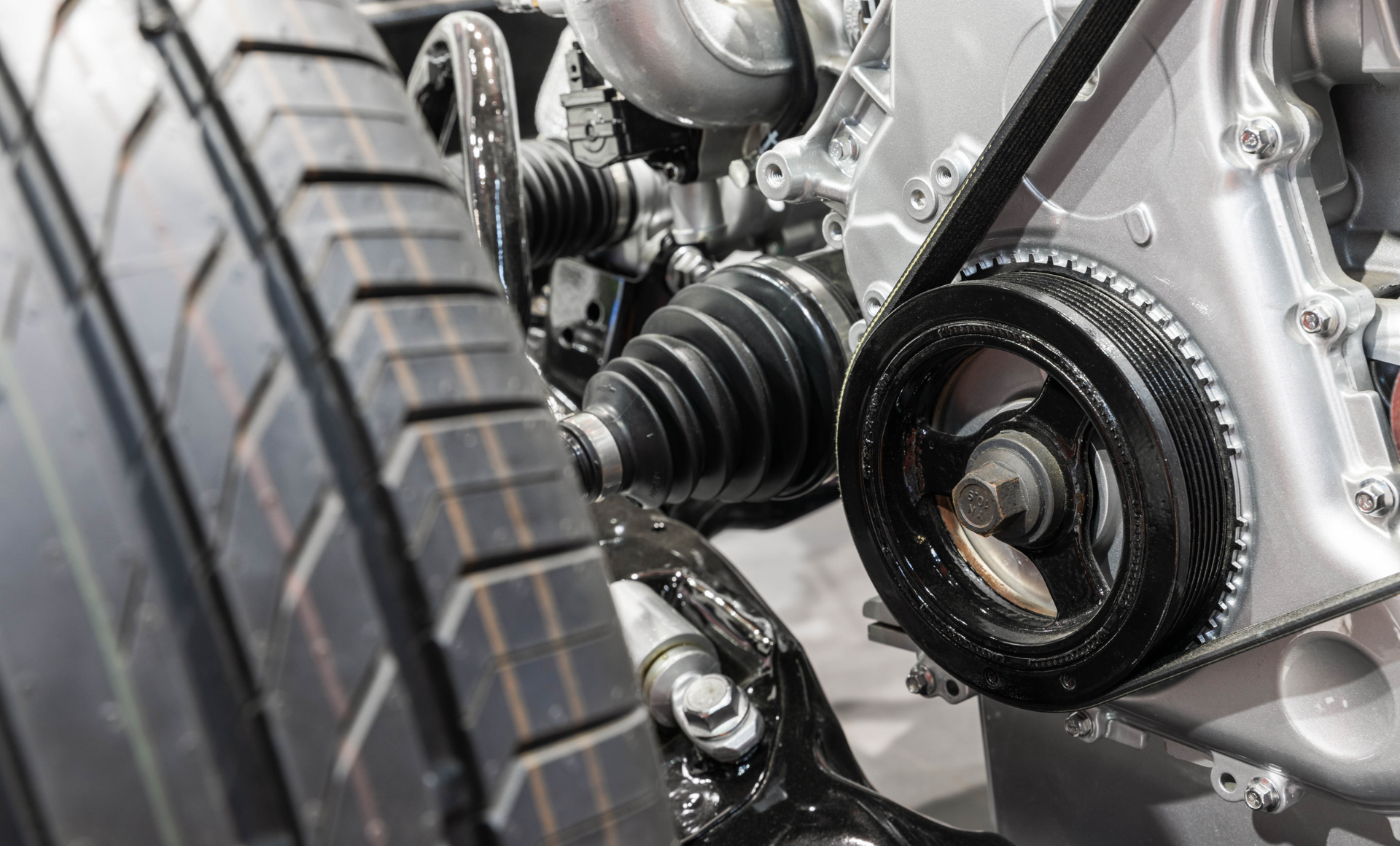Biodiesel Fuel

Biodiesel has been around since at least 2007. It’s common to see biodiesel storage tanks but we have to remember that technically, the term biodiesel refers to B100, not a percentage of bio + petrodiesel fuel. Today, all diesel fuels have at least 5% biodiesel content in them to start with. So even if the tank is labeled Bxx, it’s going to have some biodiesel in it.
That’s not to say that you should expect biodiesel-specific problems in any of these fuels. Generally, bio-specific problems only rear their heads when the percentage goes above 20%.
As a fuel service provider, what you need when servicing or polishing biodiesel depends on what you need to accomplish. Fortunately, having been around since 1909, we saw it all, and this is especially true with biodiesel problems. For fuel service providers, Bell Performance’s Fuel & Tank Services are on hand to give you the expert guidance you need to provide the best practice fuel management your customers expect.
Commercial Grade Problem Solvers For Biodiesel
Bell Performance’s complete selection of commercial-grade fuel treatments is exactly what fuel polishers and service providers need to add value to their customers.
When servicing tanks and polishing fuel, many of these situations need some combination of stabilizer, biocide, sludge dispersant, and maybe even demulsifiers.
Biocides - Bell Performance’s biocide formulations are highly effective at getting rid of most microbial contamination problems in biodiesel tanks.
Stabilizers - These are commonly added by fuel servicers to extend the storage life of fuels. Higher-level biodiesel blends require different kinds of stabilizers ot extend their life than conventional petrodiesel does. Bell Performance has a formula for that.
Demulsifiers - Biodiesel attracts water even more so than ULSD does. Sometimes this water can form cloudy emulsions that are difficult to resolve. Bell Performance demulsifier formulations break the bonds that hold these emulsions together, allowing the water to drop out of the biodiesel for easier removal and remediation.
Bell Performance focuses on commercial-grade solutions for all types of fuels, including biodiesel. Keep in mind, this doesn’t just mean dumping chemicals in tanks. Bell Fuel & Tank Services provides expert support for partners to make sure they have the right best practice procedures in place. And this means not just support with the right chemicals, but also the right mechanical process guidance and also the right testing for the benefit of a clearly defined problem and solution.


